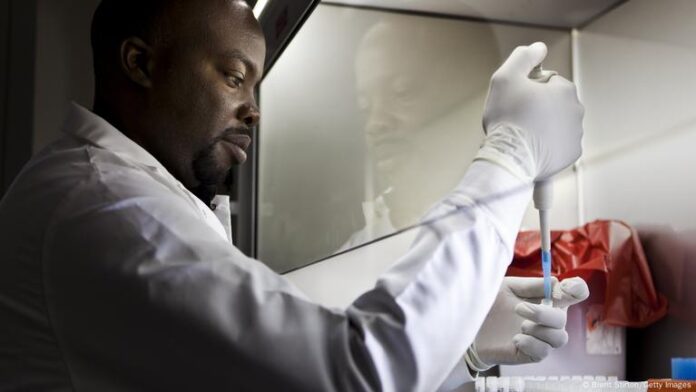A mysterious flu-like illness, ominously dubbed “Disease X,” is spreading in the Democratic Republic of the Congo (DRC), prompting the World Health Organization (WHO) to mobilize a rapid response team. Since late October, the Panzi health zone in southwest Congo has reported over 400 cases of the unexplained illness, with symptoms including fever, headache, cough, runny nose, and body aches. According to report 31 deaths have been confirmed, although the true toll may be significantly higher.
The outbreak is concentrated in the rural Kwango province, a remote area plagued by poor infrastructure and severe weather that hinder access and delay medical response. The region’s challenges are exacerbated by severe malnutrition among many affected individuals, complicating efforts to pinpoint the illness’s origin. Despite these obstacles, WHO teams are working tirelessly to collect samples, analyze clinical data, and track transmission patterns.
WHO made the announcement just weeks before President Trump took office.
Libs are already starting to freak out.
A local hospital in my community admitted a patient with flu-like symptoms who just returned from the Congo earlier this week.
This has been reported to the state department of health per protocol.
We are so screwed.
— TruBlu 🔵🌊🔵 (@trublu268.bsky.social) December 6, 2024 at 3:03 AM
While children under five represent over half of the reported cases, adults are also affected. A 50-year-old Italian man, recently returned from the DRC, reportedly recovered from the illness after hospitalization in Italy, adding an international dimension to the unfolding crisis.
Acute pneumonia, influenza, Covid-19, measles, and malaria are among the possible culprits, though the WHO has not ruled out the possibility of a multifactorial cause. Malaria is particularly common in the region and could be a contributing factor. Comprehensive laboratory tests are underway to determine whether one or multiple diseases are at play.
WHO teams are providing treatment, raising awareness in local communities, and intensifying efforts to prevent further spread.


